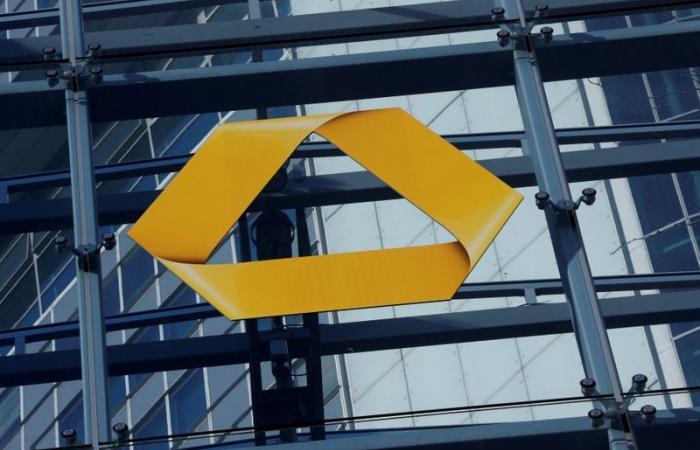Until the day before Wirecard’s multibillion-euro bankruptcy, even one of the financial services provider’s main lenders still doubted the validity of the accusations against the company.
Commerzbank Chief Risk Officer Marcus Chromik, then head of credit, said as a witness in the fraud trial against former Wirecard boss Markus Braun on Thursday that the bank ultimately wanted to end the relationship commercial due to inconsistencies at Wirecard. “At that time, we still had the risk of being completely wrong,” the current Unicredit executive told the Munich court. “We didn’t know if we were going to get it completely wrong and become idiots in the market.”
Wirecard Group, booming for years, was once considered a star in online payments and even ousted Commerzbank from Dax in 2018. But in 2020, Wirecard collapsed when it was revealed that it was 1.9 billion euros were missing from trust accounts in Asia. It is one of the biggest financial scandals in post-war German history. Among the victims, we find many investors, but also Commerzbank. Along with other banks, it had lent 1.75 billion euros to Wirecard. His share amounted to 200 million euros. According to the prosecution, Wirecard invented large-scale turnover and profit figures. He talks about fraud, balance sheet falsification, market manipulation and breach of trust. Former CEO Braun, who is in the dock with two other ex-managers, rejects the accusations.
Chromik said on Thursday that Wirecard had emerged as an attractive customer. The business relationship has developed well over the years, he added. “This means on the one hand that the company is growing. And therefore what the bank can gain with it,” said the manager. “And on the other hand, to my knowledge, there have been no negative experiences regarding this.” According to him, Commerzbank was confident that the auditors had verified the balance sheets. It was only when suspicion of money laundering materialized after media coverage of growing inconsistencies at Wirecard that Commerzbank made its decision. “We need to end the business relationship,” Chromik said. We wanted to gradually reduce the credits. “But ultimately there was no significant reduction to insolvency.”
(Reporting by Jörn Poltz, writing by Myria Mildenberger; if you have any questions, please contact our editorial team at [email protected])






